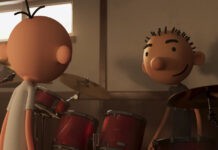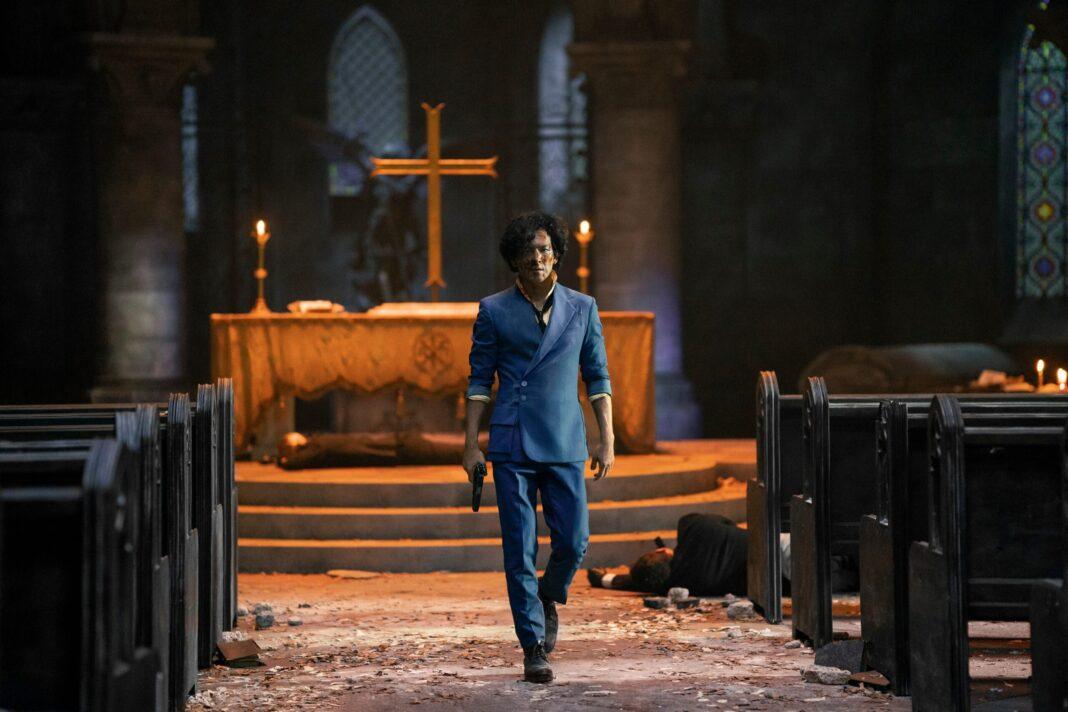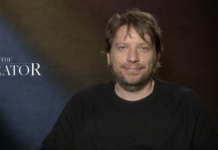Netflix has had its fair share of success in the TV series producing department as of late especially with the recent slew of awesome Korean and internationally produced shows and Western dramas. The expectations for the Netflix live-action remake of the popular anime, Cowboy Bebop, were on an all-time high — understandably so due to the aforementioned achievements of the streaming juggernaut.
After a few short weeks, however, it has been confirmed by Netflix that Cowboy Bebop has officially been canceled — a strange, quick, and seemingly very decisive move for Netflix. What made this Netflix show, Cowboy Bebop, into a surefire flop, this early on in the game? This very question is what I am to unearth in the next couple of paragraphs or so.
Cowboy Bebop is a 2021 American science fiction streaming television series based on the 1998 Japanese anime series of the same name and the 2001 Japanese anime film of the same name. It stars John Cho, Mustafa Shakir, Daniella Pineda, Elena Satine, and Alex Hassell and follows a ragtag group of bounty hunters in the year 2171 who chase down criminals across the Solar System on the Bebop spaceship.
For more on Cowboy Bebop check out our first impressions and guide on the show:
- A Sneak Peek into The Netflix Live-Action Adaptation of Cowboy Bebop
- Netflix’s Cowboy Bebop: A Complete Guide
- Cowboy Bebop by Netflix Initial Review: Intriguing Enough
Despite the promising nature of Cowboy Bebop through its unique Western and Sci-fi genres and the initial looks fans got from the trailers and behind-the-scenes footage, the cancellation of the show points to an overall flop of a movie prompting Netflix to pull the plug.
Here are a couple of reasons why I believe Cowboy Bebop—despite being a viable candidate to have become a successful show for Netflix, in the end, turned into a complete flop:
The Live-Action Anime Adaptation/Remake Wormhole

Let’s be completely honest, the success of movie producers and filmmakers in creating viable and worthy adaptations of our beloved anime has been close to non-existent. With only a few standout films and shows such as Alita:Battle Angel and the Rurouni Kenshin (aka Samurai X) franchise that we can truly label as astounding, the majority of available remakes have left us disappointed. Now we can include Cowboy Bebop to such a list together with the Dragonball: Evolution, Death Note, and Ghost in the Shell.
There seems to be a figurative wormhole or curse that tampers with the success of all those who attempt to create a worthy live-action anime or manga adaptation. There is a level of expectation that comes with the classics and fan-favorites whether that be games, animated films, or even anime that create a small window of wiggle room or error for filmmakers. Creating original content still stands as a better option for film producers because it provides a variety of ways to build on storylines, character designs, and the overall mood and tone of the film. There is no room for comparison to an existing source material unlike how adaptations and remakes create a box as to how the story and characters should look and act.
As mentioned, however, there have been some cases wherein such films have turned into a huge success. The balance of staying true to the source material while adding a few touches of creativity is what is crucial in shows like these. Take Rurouni Kenshin—an example wherein the production and character designs create a very immersive and lifelike visual look to the story in the name of creativity while simultaneously allowing the story to speak for itself. Cowboy Bebop, on the other hand tries to push the boundaries of the show in a live-action setting but ultimately fails in many ways. There is a huge inclination for the series to lean into the creative aspect of telling the story that causes it to fail in almost every department from both its visuals and story.
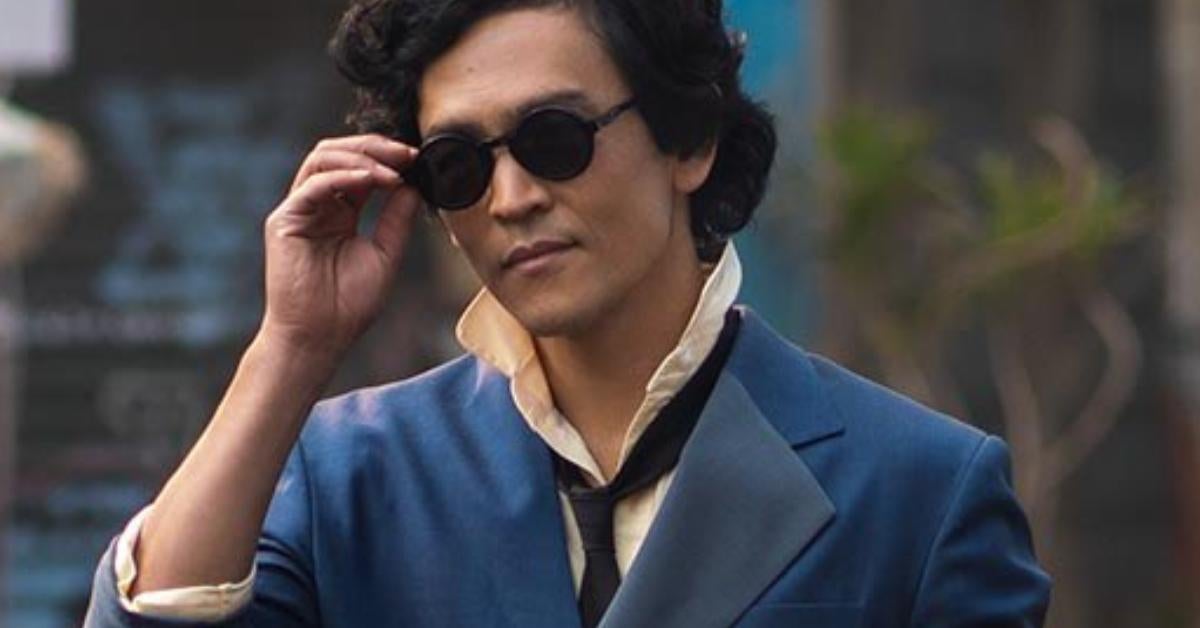 Cowboy Bebop just simply landed in such a predicament wherein it took on the Herculean task of creating a live-action version for the anime. That, however, just touches the very surface of where the show took a wrong turn for the worse. It’s not just that it didn’t stay true to the source material because it honestly tried with every fiber of its being. It was in the attempt to build on various elements from the show into a live-action setting that paved the way for the show’s immediate downfall.
Cowboy Bebop just simply landed in such a predicament wherein it took on the Herculean task of creating a live-action version for the anime. That, however, just touches the very surface of where the show took a wrong turn for the worse. It’s not just that it didn’t stay true to the source material because it honestly tried with every fiber of its being. It was in the attempt to build on various elements from the show into a live-action setting that paved the way for the show’s immediate downfall.
A Visual Disaster
Early on the promotions and marketing strategies implored by Cowboy Bebop showed a lot of promise which personally piqued my interest in the show. There was an overall unique tone set by the show combining old Western and retro imagery with sci-fi elements which would have been amazing to witness if only the execution matched the vision set by the show’s creators. There is an overwhelming amount of inconsistency with the Cowboy Bebop especially interns of its visuals, special effects, and editing which tried to stand toe-to-toe with other space voyages-type films. This however did not pay off as well as the showrunners hoped for and sadly it left us, fans and viewers, disappointed with the end result.

Cowboy Bebop utilizes cartoonish and comic book-like special effects that I initially found appealing at first. It felt like a creative decision that would be resemblant to what The Umbrella Academy achieved through their stylistic choices but ultimately there is no comparison between the two. Cowboy Bebop added so much of the cartoonish elements as an ode to the source material but to the brink of being overly done. It became bland, boring, and unnecessary at one point and robbed the entire show’s capability to highlight and focus on a meaningful story.

The atmosphere for a science fiction show that Bebop creates is underwhelming at times which once again points to the inconsistencies of the show as a whole. There are some scenes that look spectacular and grand, to begin with, but there are also some shots that are visibly seen to be rushed in post-production. These choices and the ambitious nature of the set designs and effects led the show to look and feel like a space movie knockoff.
An Overall Bland Story
It’s typical for Western TV shows to have several plot points going it with a central storyline that encompasses the entire series while having different miniature plot points in each episode. This is a staple to crime and law shows such as Suits and Blacklist. This was the goal for the format of Cowboy Bebop but it lacked a substantial main storyline and character background stories for an engaging story. It leaves viewers disconnected and discontented with the story and in the end resulting in zero interest in the journey that these characters embark on.

On the topic of characters and casting choice, however, I must say that if there was a slight and minuscule silver lining to the entire show, it would fall onto the laps of the casting department. The choices for Cho, Shakir, and Pineda to play Spike Lee, Jet Black and Faye Valentine respectively were just perfect. The three cast members held their own and showcases phenomenal chemistry. If only this was enough to reinvent and pull up the story altogether.
Netflix And The Numbers Game
Netflix’s move to cancel the show so quickly just a few weeks after its release was a big and shocking move on the part of the streaming behemoth. It’s a move however that reflects the inner workings of companies — a strategy that has been practiced for years. It all boiled down to the numbers and sadly this time around the numbers don’t lie. The critical reception of the show paired with the budget to create a sci-fi series just wasn’t feasible in the long run. Instead of prolonging the inevitable, the only option for the company was to pull the plug altogether.
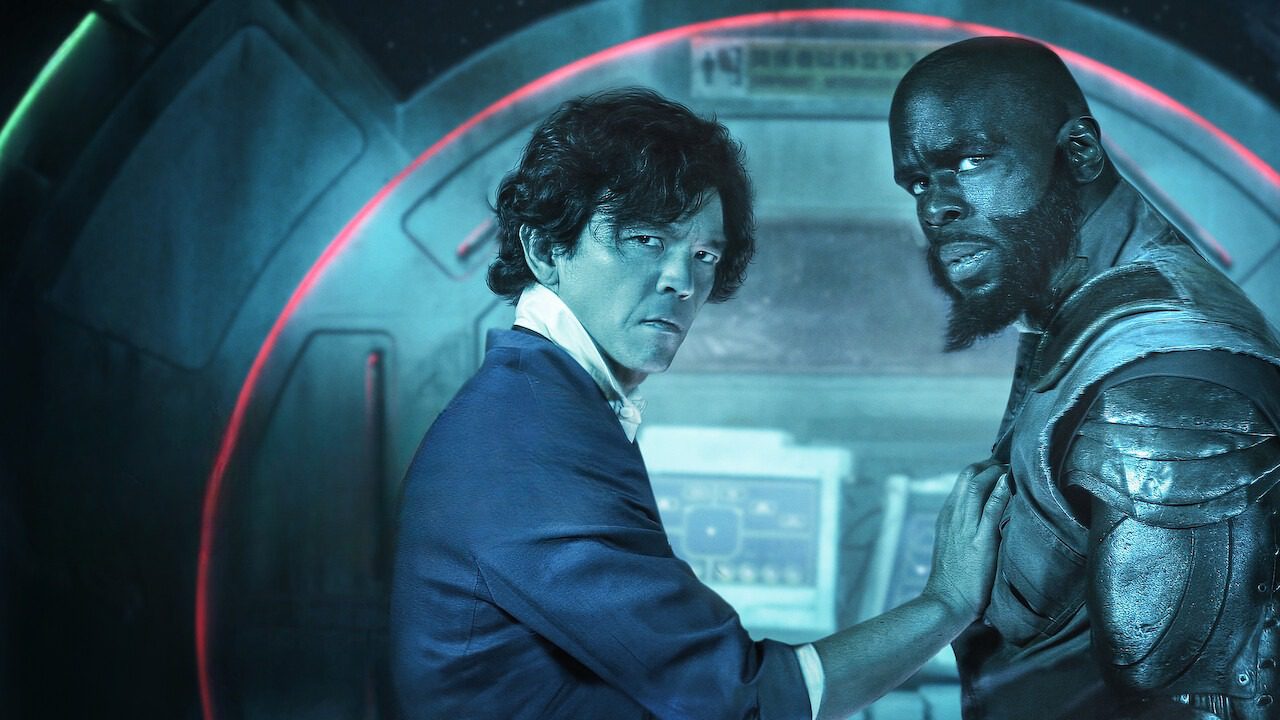
What makes this move increasingly shocking is the disregard for the redemptive qualities that another season may bring for viewers. By the looks of the discontented fanbase and low reception in the past weeks, however, maybe a second season wouldn’t be enough to erase the flawed nature of what Cowboy Bebop has already given us.
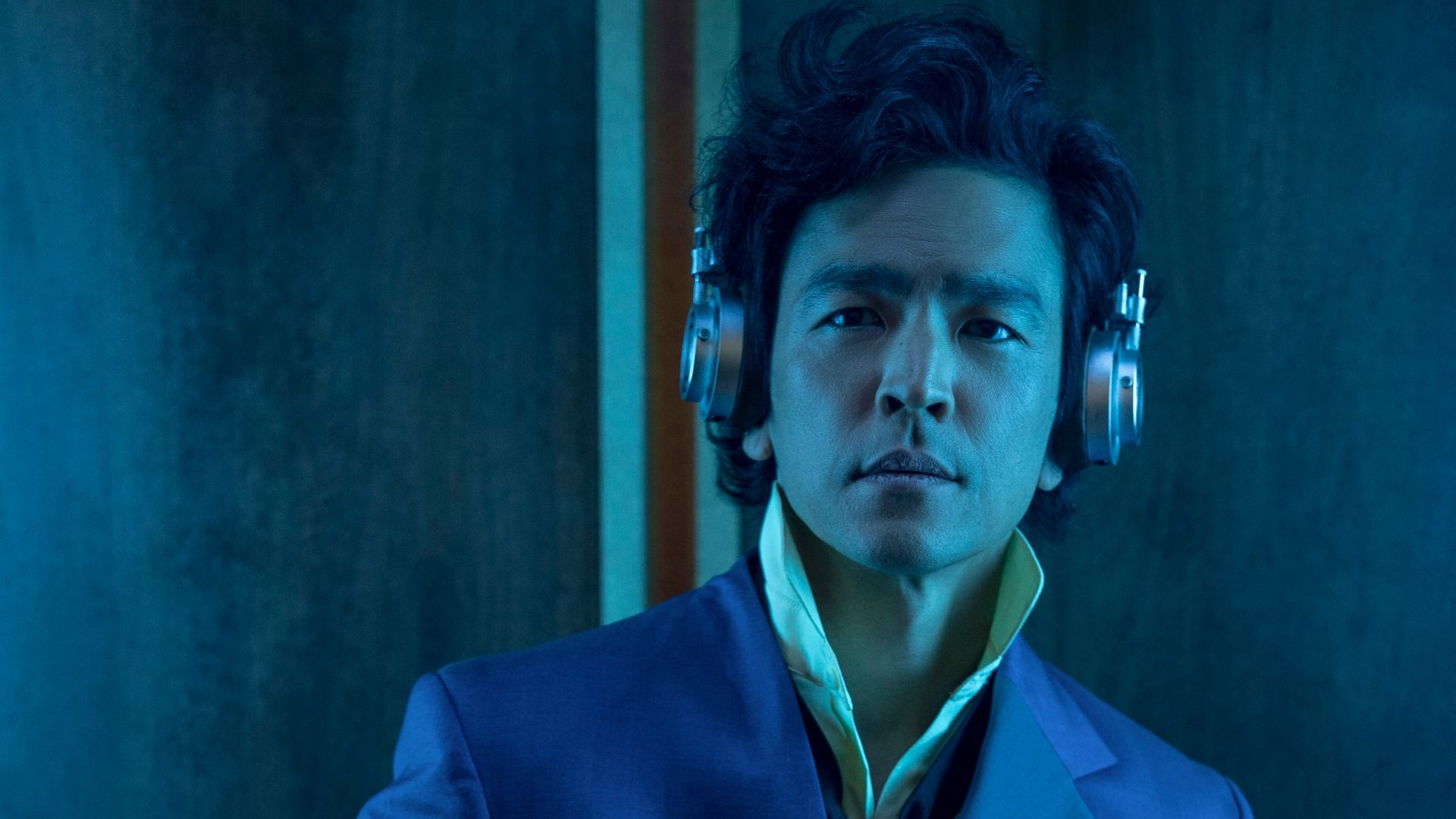
At this point, there isn’t really much to truly say about the flop of a show, Cowboy Bebop because its future has already been sealed with Netflix. Maybe eventually another production company would pick up the show for a much-needed revival, who knows, but for the meantime, these are the cards that Cowboy Bebop has been dealt with. The lessons that show experienced though maybe one for filmmakers to adhere to when creating adaptations from any source material that innovation and respect to the original is still the key and that indeed less is more.

















